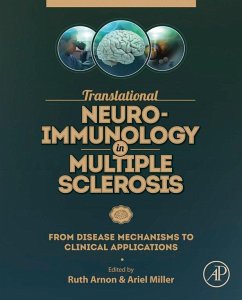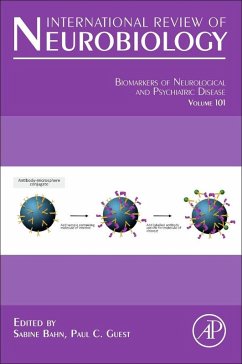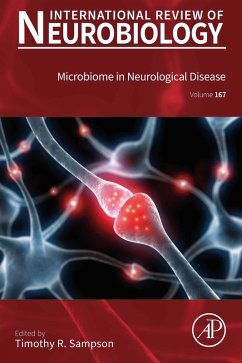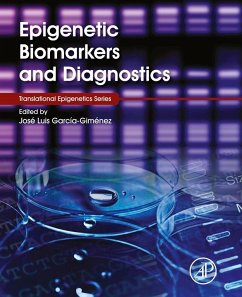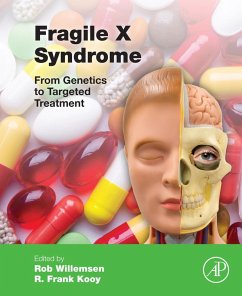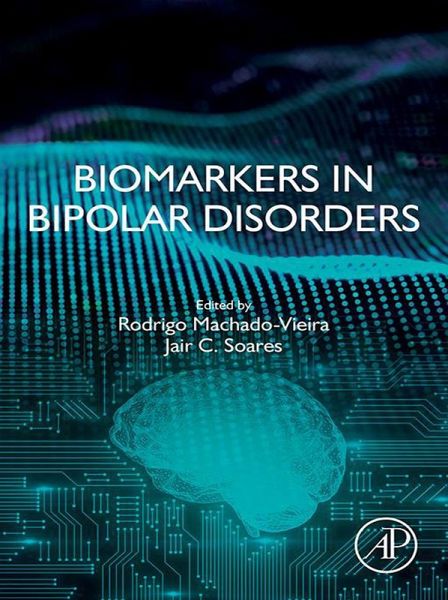
Biomarkers in Bipolar Disorders (eBook, ePUB)
Versandkostenfrei!
Sofort per Download lieferbar
95,95 €
inkl. MwSt.
Weitere Ausgaben:

PAYBACK Punkte
48 °P sammeln!
Biomarkers in Bipolar Disorders summarizes cutting-edge findings in biomarkers' research, emphasizing the most promising findings, tools and technologies relevant to drug development and personalized medicine. Key findings cover different levels of evidence such as genes, molecules, cells, systems, brain and behavior related to diagnosis (state and trait/endophenotypes), prediction of treatment response and follow-up outcomes, along with the most promising perspectives in each area. Each section includes a comprehensive and focused overview on the state-of-the-art and perspectives. The book co...
Biomarkers in Bipolar Disorders summarizes cutting-edge findings in biomarkers' research, emphasizing the most promising findings, tools and technologies relevant to drug development and personalized medicine. Key findings cover different levels of evidence such as genes, molecules, cells, systems, brain and behavior related to diagnosis (state and trait/endophenotypes), prediction of treatment response and follow-up outcomes, along with the most promising perspectives in each area. Each section includes a comprehensive and focused overview on the state-of-the-art and perspectives. The book concludes with a section on practical applications, encompassing diagnostics development (genetic testing, biomarkers), and new drug development. Edited by Dr. Rodrigo Machado-Vieira and Dr. Jair C. Soares, and contributed by leading experts in the field of biomarker research, this book will be become the leading tool for all researchers and clinicians in Bipolar Disorder. - Describes strategies for the biomarker discovery of relevant proteins differentially expressed in Bipolar Disorder - Presents techniques and main findings in transcriptome research related to CNS synaptic function - Provides an overview on current behavioral strategies and their validity in drug development in Bipolar Disorder - Discusses current genetic findings, integrating tests for treatments leading to personalized treatments
Dieser Download kann aus rechtlichen Gründen nur mit Rechnungsadresse in A, B, BG, CY, CZ, D, DK, EW, E, FIN, F, GR, HR, H, IRL, I, LT, L, LR, M, NL, PL, P, R, S, SLO, SK ausgeliefert werden.





